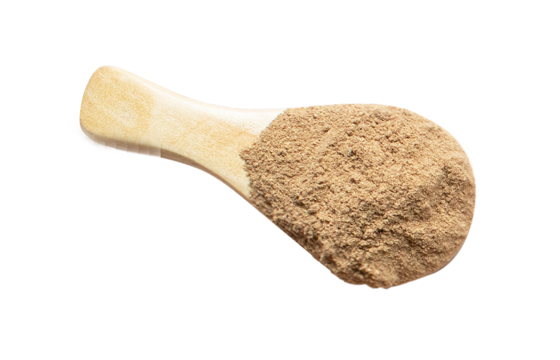Can Dogs Eat Slippery Elm?
Slippery elm, renowned for its medicinal properties, has emerged as a potential supplement for dogs. Pet owners seek clarity on its safety, possible toxicity, and its role in enhancing a dog's gut health. This article delves into whether dogs can safely consume slippery elm, its probiotic potential, and its impact on gut repair.

Can Dogs Eat Slippery Elm?
Slippery elm, derived from the Ulmus rubra tree's inner bark, is generally considered safe for dogs when used cautiously and under veterinary guidance. However, it's imperative to consult a veterinarian before introducing any new supplement or food into your dog's diet, including slippery elm. It's available in various forms like powder, capsules, or as an ingredient in specific pet products.
Is Slippery Elm Toxic to Dogs?
In controlled amounts, slippery elm is typically non-toxic for dogs. However, excessive intake might lead to gastrointestinal upset, including vomiting or diarrhea. Additionally, certain formulations or additives in products containing slippery elm might not be safe for dogs. It's crucial to opt for high-quality, pet-safe slippery elm supplements and adhere to recommended dosage guidelines.
Is Slippery Elm a Probiotic for Dogs?
Slippery elm is not a probiotic itself, but it contains mucilage, a substance known for its protective properties on the digestive tract. While not a probiotic (live beneficial bacteria), slippery elm may support digestive health. Its soothing effects on irritated digestive linings can aid in managing digestive issues when used alongside a balanced diet and under veterinary supervision.
Does Slippery Elm Repair the Gut?
Slippery elm is believed to possess mucilaginous properties that form a protective layer along the gastrointestinal tract. This action is thought to aid in soothing and supporting gut health. While it may contribute to mild gut repair due to its demulcent and anti-inflammatory effects, it's essential to highlight that slippery elm is not a standalone solution for severe gastrointestinal issues in dogs. Proper diagnosis and treatment by a veterinarian remain crucial for addressing underlying health concerns comprehensively.
Conclusion:
In moderation and with professional guidance, slippery elm can potentially serve as a supportive supplement for a dog's digestive health due to its soothing properties. However, it should not substitute professional veterinary care or be solely relied upon to manage severe gastrointestinal problems. Pet owners must consult a veterinarian before incorporating new supplements or making dietary changes for their furry companions.